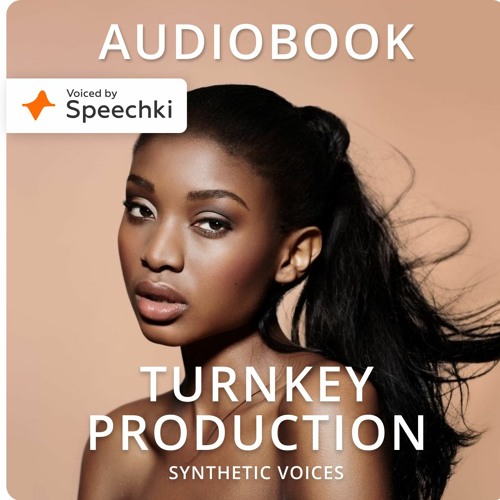Cooler Heads Prevail: Audible and major publishers settle lawsuit over Audible Captions
- Bradley Metrock, CEO Score Publishing
- Jan 21, 2020
- 2 min read
In an interesting turn of events, Audible and a number of major publishers and publishing interests have settled their ongoing legal dispute over Audible Captions, the new feature for Audible which provides live transcriptions of audiobooks, two-to-three sentences at a time, accompanying the audio.
The good news is that this avoids a protracted legal dispute. This was far from an open-and-shut case for publishers and would have been hard to predict what the courts would have ruled.
As I wrote about back in August, this situation most closely mirrored what music publishers went through with Napster back in 1999. Two decades ago, music publishers learned a brutal lesson that sometimes you can be right on a particular issue...all the way to the poor house. Much better to find common ground and avoid the unpredictability and cost of the legal system.
This is far from the end for Audible Captions. Amazon is obviously not going to just abandon new technology it has developed. We should learn today, Tuesday January 21, 2020, of the exact terms of the settlement. But it would be surprising if this weren't a situation where publishers can now elect to opt-in to Audible Captions functionality for their audiobooks potentially in exchange for a higher royalty rate than regular audiobooks, since the theory publishers had espoused was that audiobooks with Audible Captions cannibalize sales of the same title in other formats.
With publishers being able to opt in to Audible Captions, both Audible and the publishers will begin to accumulate data on how this new form of audiobook compares to regular audiobooks. Do users listen longer? Do they finish more books in this format? Do they buy more or less print books from the same author over time? There's many questions that could be asked, once this program starts to happen, and it will be interesting to see how much of that information gets shared with publishers.
If Audible Captions works well to make audiobooks that use it more desirable and more likely to be purchased and enjoyed, then Amazon will have never needed to win in court. They'll already have regained all leverage and can then include or shut out publishers from using it as they see fit. The only other tech company likely to have similar technology to this would be Google.
Regardless of what happens from here, we will track this now-resolved court case's aftermath throughout 2020 and will ask both sides to share their perspective on it at Digital Book World 2020.
































